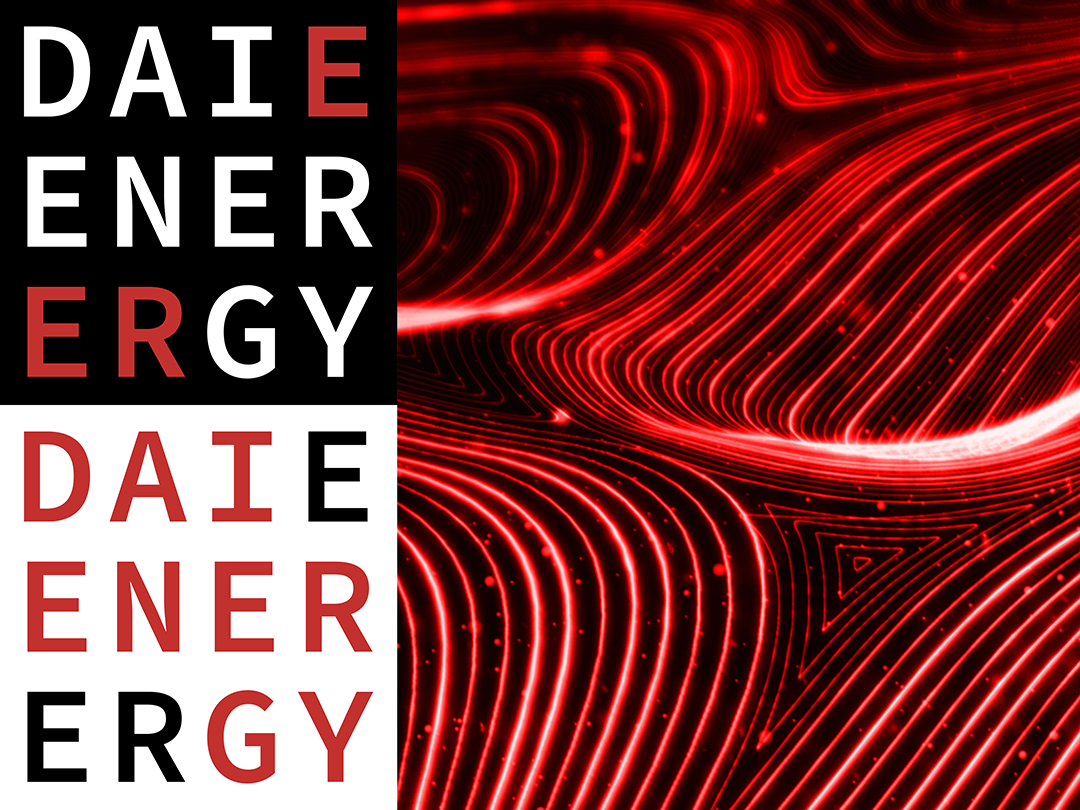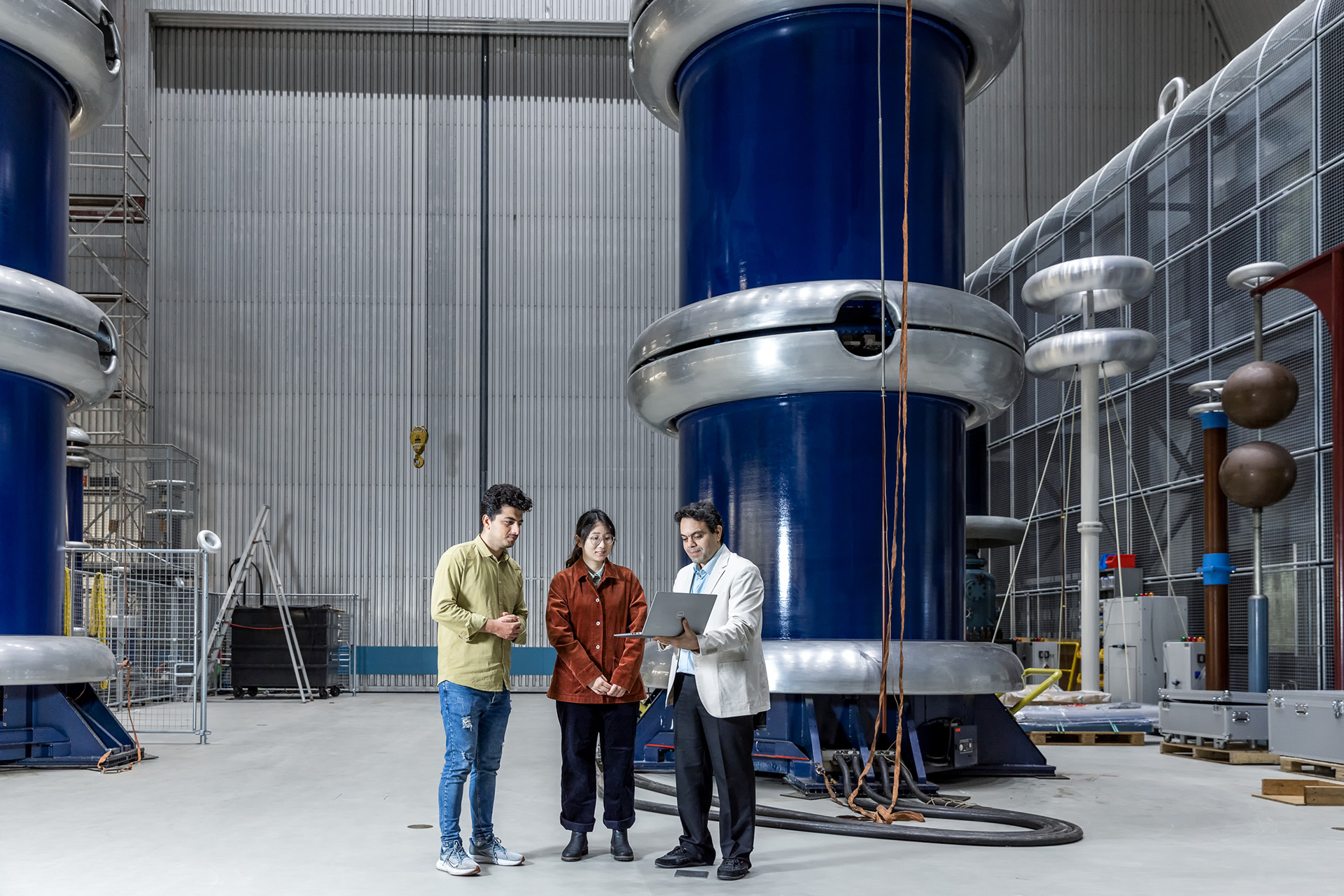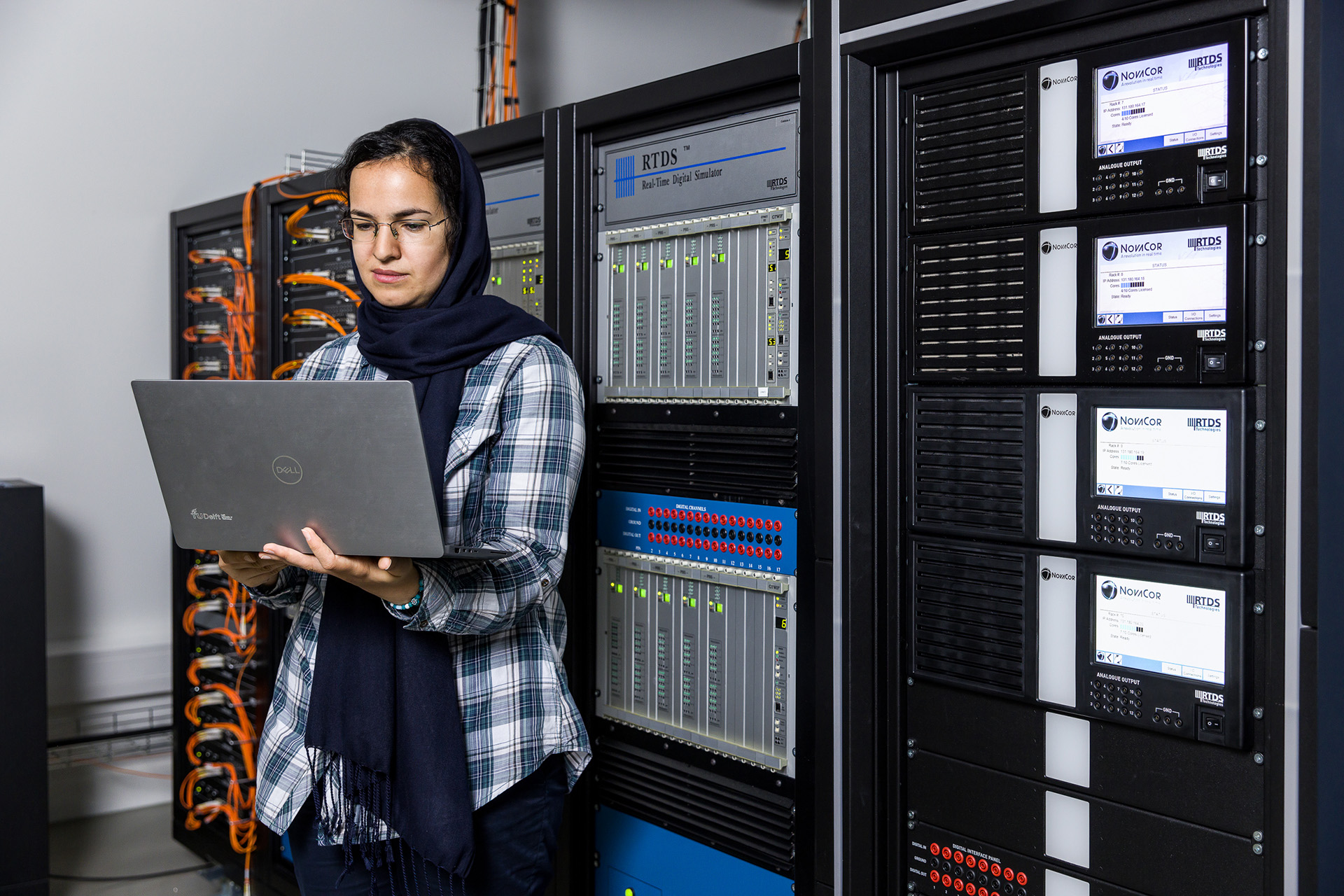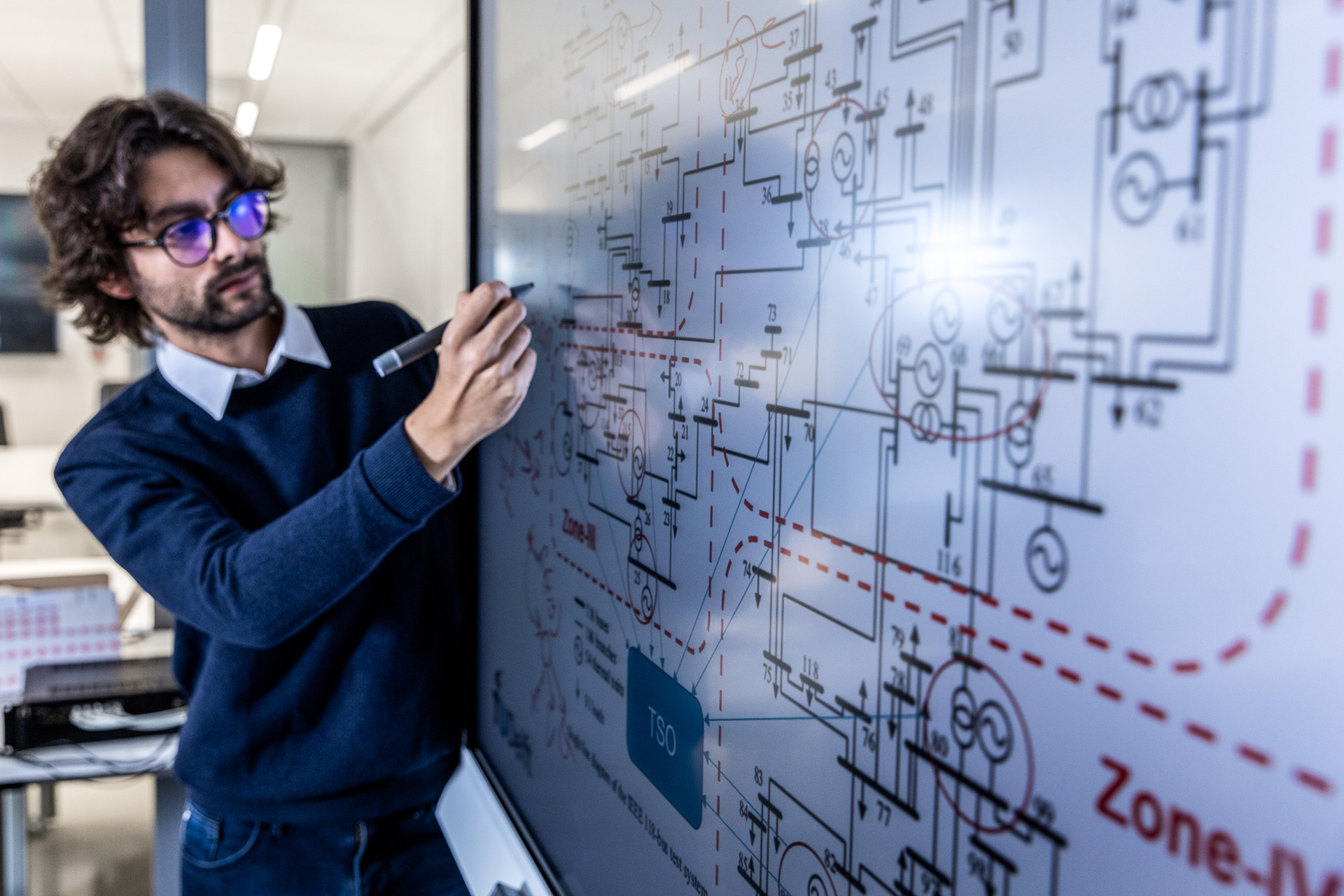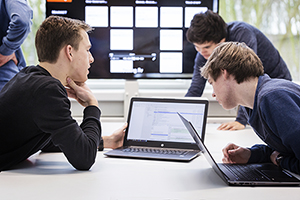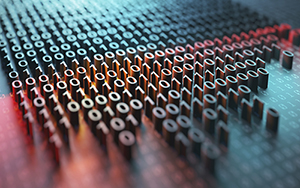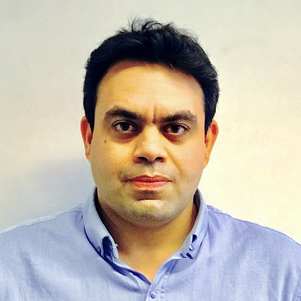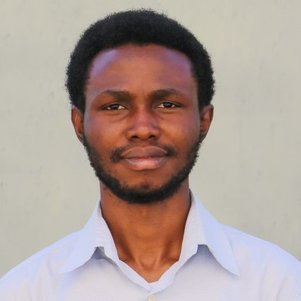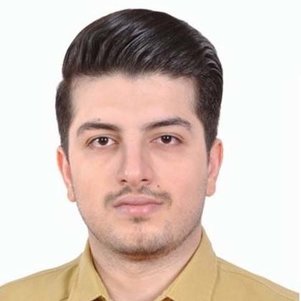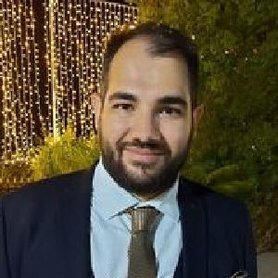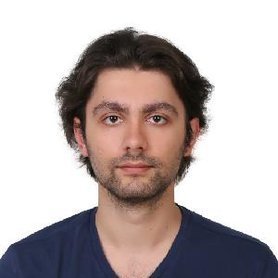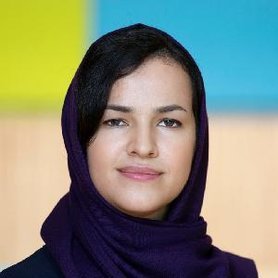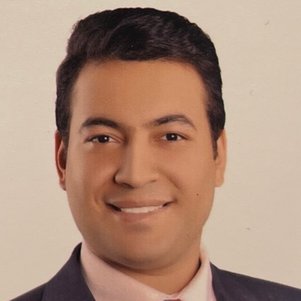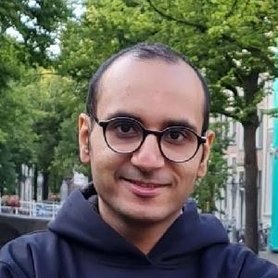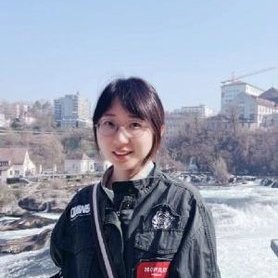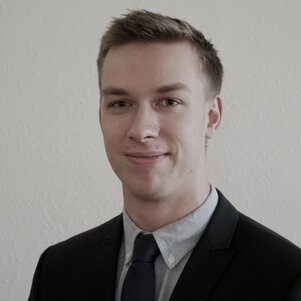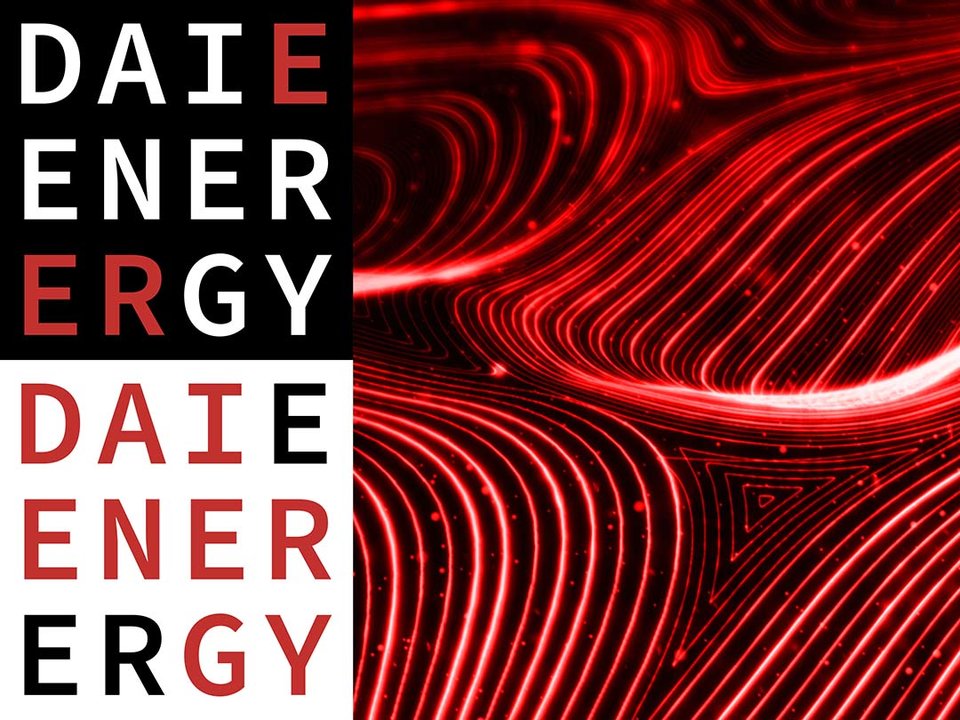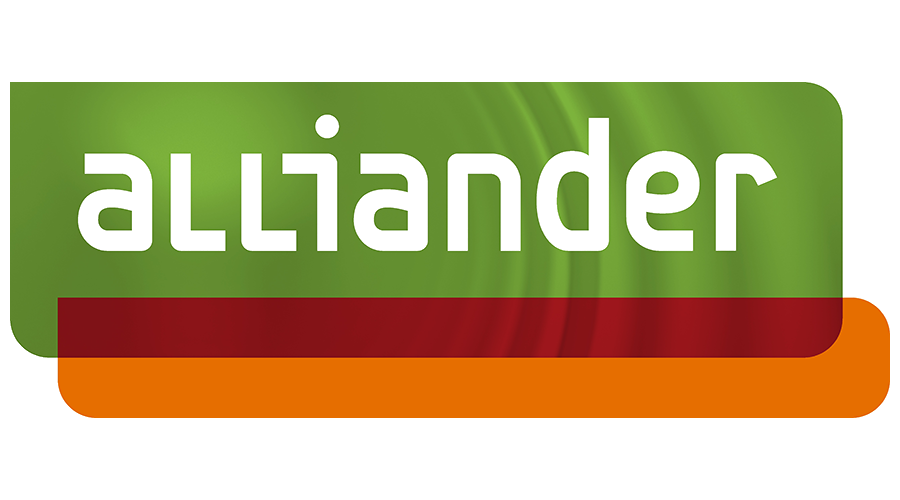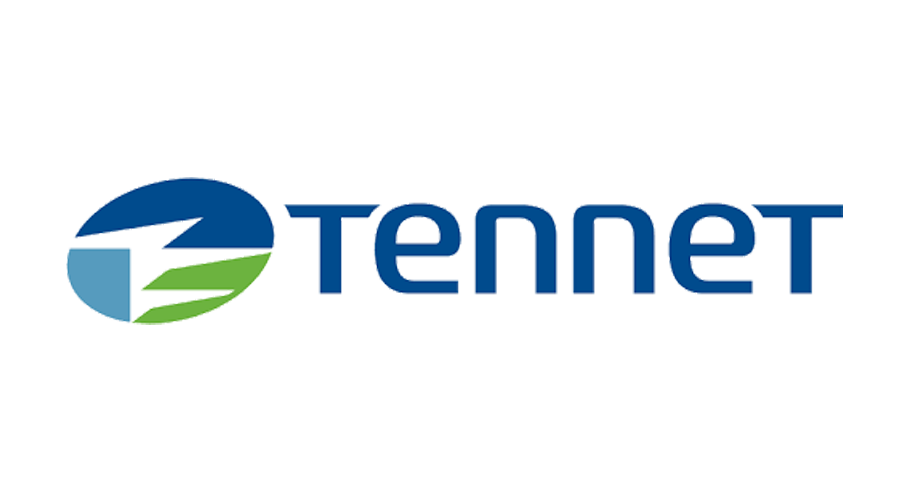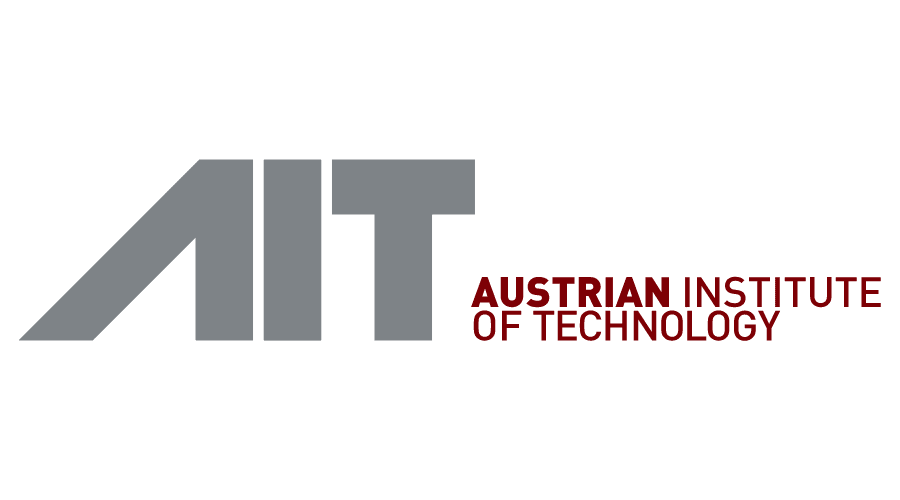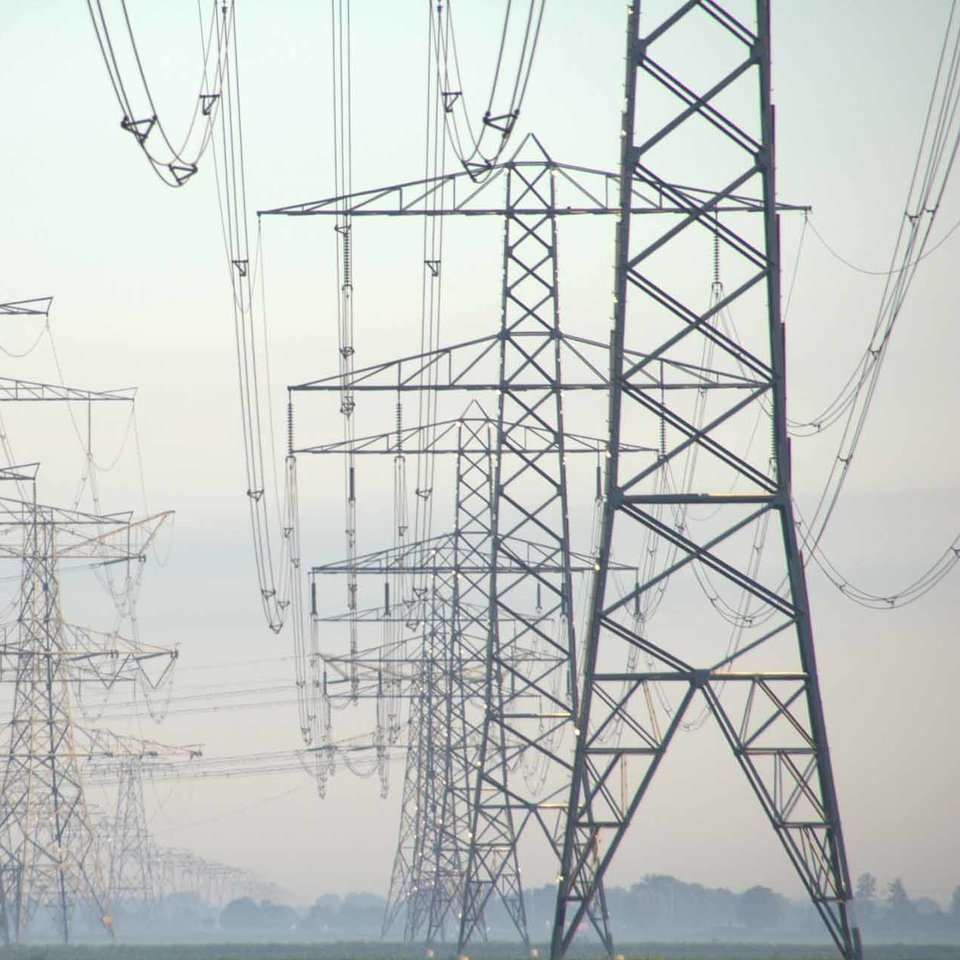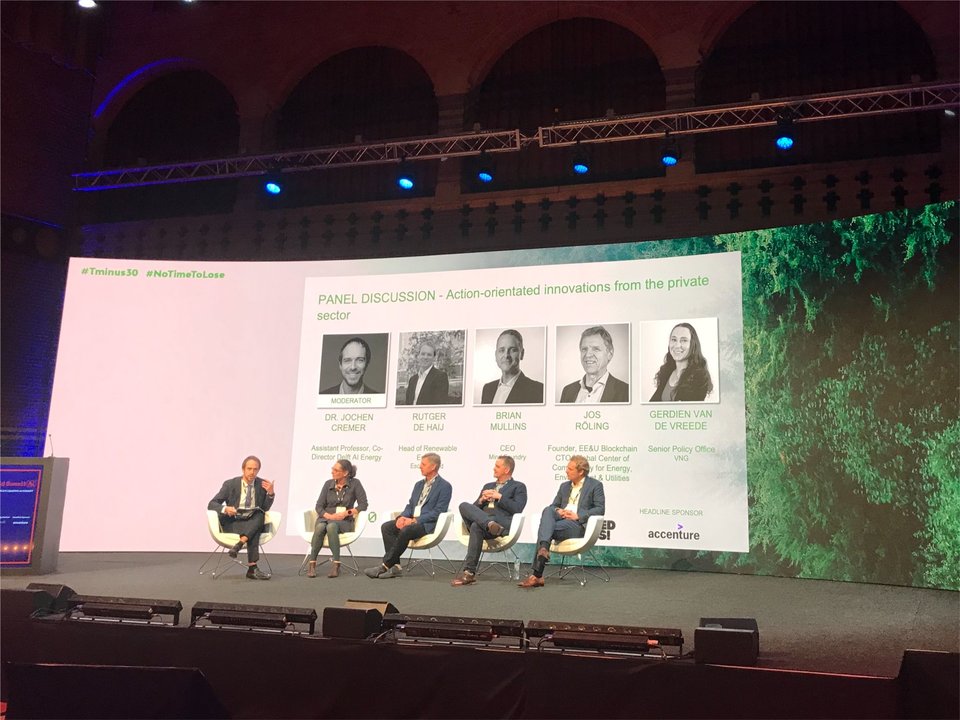Delft AI Energy Lab
AI for sustainable, reliable and effective energy systems
Energy systems are the backbone of our modern society. It is of great importance that these systems are sustainable, reliable and effective now and in the future. There is strong expertise in this field on the TU Delft campus. The Delft AI Energy Lab investigates how new AI-based methods can contribute to the management of dynamic energy systems.
Therefore we combine groundbreaking machine learning with the reliable theory of the physical energy system. For example, it is possible with the AI technique 'neural networks' to model differential equations describing dynamics in areas such as fluid dynamics, and for predicting extreme, rare events. Delft AI Energy Lab investigates these promising methods for applicability for monitoring the 'health' of parts of energy systems, and for the early detection of threats.
The Delft AI Energy Lab is part of the TU Delft AI Labs programme.
The team
PhD candidates
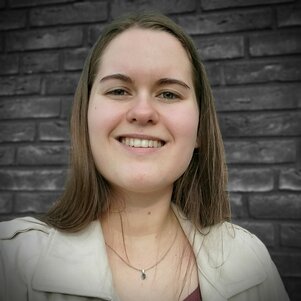
Perine Cunat
PhD researcher
Postdocs
Education
Courses
2024/2025
- Data Science and Artificial Intelligence for Engineers | CEGM2003
- Machine Learning for Graph Data | CS4350
- Modeling Uncertainty and Data for Engineers | CEGM1000
- Mutimedia Analysis | CSE2230
- Signal Processing | CSE2220
2023/2024
- Data Science and Artificial Intelligence for Engineers | CEGM2003
- Machine Learning for Graph Data | CS4350
- Modeling Uncertainty and Data for Engineers | CEGM1000
- Research skills 1 | CIE5431
- Mutimedia Analysis | CSE2230
- Signal Processing | CSE2220
2022/2023
- Data Science and Artificial Intelligence for Engineers | CEGM2003
- Machine Learning for Graph Data | CS4350
- Modeling Uncertainty and Data for Engineers | CEGM1000
- Research skills 1 | CIE5431
- Mutimedia Analysis | CSE2230
- Signal Processing | CSE2220
2021/2022
- Applied Machine Learning | CS4305TU
- Research skills 1 | CIE5431
- Mutimedia Analysis | CSE2230
- Signal Processing | CSE2220
2020/2021
- Applied Machine Learning | CS4305TU
- Research skills 1 | CIE5431
- Mutimedia Analysis | CSE2230
2019/2020
- Research skills 1 | CIE5431
- Mutimedia Analysis | CSE2230
- Signal Processing | CSE2220
Master projects
Openings
- AC Optimal Data Generation (ACODG) for Power System Security (2022/2023)
- Graph Neural Networks for Security-Constrained Optimal Power Flow (2022/2023)
- Estimating the Flexibility Evolution in Active Distribution Grids (2022/2023)
- Neural Ordinary Differential Equations for Power System Dynamics (2022/2023)
- Optimal PMU Placement for Flexibility and State Estimation (2022/2023)
- Non-intrusive Load Monitoring of the Electricity Consumption (2022/2023)
- Coordinated Control of Virtual Power Plants for Frequency Stability (2022/2023)
- Offering Strategies of Virtual Power Plants in Ancillary Service Markets Based on Stochastic Programming (2022/2023)
Ongoing
- Data-Driven Adaptive Dynamic Equivalents of Active Distribution and Transmission Networks, Alex Neagu, Jochen Cremer (2022/2023)
- End-to-end learning for N-k SC-OPF, Bastien Giraud, Jochen Cremer (2022/2023)
- Reinforcement learning for transmission network topology control, Geert Jan Meppelink, Jochen Cremer (2022/2023)
- Market Mechanism Design for Virtual Inertia, Johnny Zheng, Jochen Cremer (2022/2023)
Finished
- Neural Ordinary Differential Equations for Frequency Dynamics, Nila Krishnakumar, Jochen Cremer (2022/2023)
- Offering Strategies of Virtual Power Plants in Ancillary Service Markets Based on Stochastic Programming, Torben Zeller, Jochen Cremer (2022/2023)
- Energy Community Management with Reinforcement Learning, Catarina Santos Neves, Jochen Cremer (2022/2023)
- Multivariable Anomaly Detection Framework for Multi-sensor Network, Jingru Feng, Peyman Mohajerin Esfahani (2022/2023)
- Transferring Domain Knowledge to Data-driven Controller, Lex Razoux Schultz, Peyman Mohajerin Esfahani (2022/2023)
- Multi-Modal End-to-End Learning for Real-Time Monitoring of Sustainable Energy Systems, Rushil Vohra, Jochen Cremer (2022/2023)
- Deep Statistical Solver for Distribution System State Estimation, Benjamin Habib, Jochen Cremer (2022/2023)
- Meter placement for state estimation in distribution networks, Sattama Datta, Jochen Cremer (2022/2023)
- End-to-End Learning for Sustainable Energy Scheduling, Dariush Wahdany, Jochen Cremer (2021/2022)
- Multi-Agent Reinforcement Learning for Incentive-based Residential Demand Response, Jasper van Tilburg, Jochen Cremer (2021/2022)
- On the Road from Active Inference to Regret Minimization, Jesse Coehoorn, Peyman Mohajerin Esfahani (2021/2022)
- Conjugate Dynamic Programming, Charalampos Rodopoulos, Peyman Mohajerin Esfahani (2021/2022)
- Tractable Algorithms for Large Scale Mixed Integer Quadratic Programming: A Principal Component Analysis Approach, Robbie Vreugdenhil, Peyman Mohajerin Esfahani (2021/2022)
- Learning Parametric Mixed Integer Quadratic Programming via Inverse Optimization, Milan Dankovic, Peyman Mohajerin Esfahani (2021/2022)
- On Complexity of Data-driven Controls in Stochastic Environments, Ioannis Dimanidis, Peyman Mohajerin Esfahani (2021/2022)

